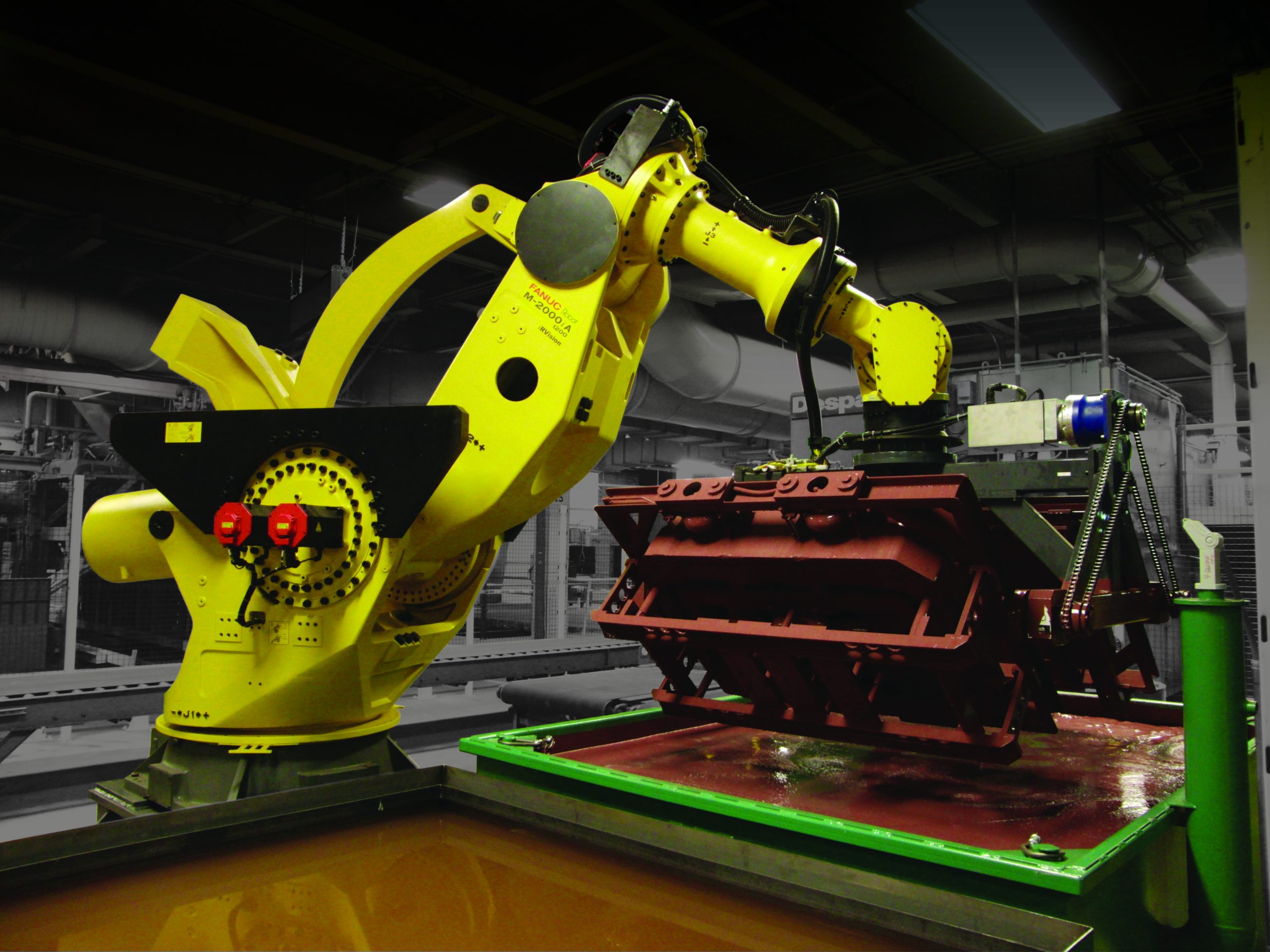Computer Numerical Control, or CNC, has revolutionized the manufacturing and engineering fields in recent years. CNC machineries, which combine modern technology with traditional manufacturing techniques is now a predominant method of manufacturing precision products and components for a variety of industries. This article focuses on the mechanics, benefits and numerous applications of CNC machine machining, and highlights its impact on the modern engineering.
The Mechanics of CNC Machining
CNC machining is a subtractive manufacturing technique that is, it takes the substance from a block or workpiece to create the desired shape. The process is based on pre-programmed computers that direct the movements of machinery. The code for CNC machines can vary depending on the type of machine and the complexity of the part that is being made. The fundamental principle behind CNC machines is the same. A high-speed cutting machine precisely cuts the material in order to produce the finished product.

CNC Machining has numerous advantages. One of these is its precision. The digital process makes it possible an extremely precise and consistent production, which reduces human error while ensuring uniformity across batches. This level of precision is crucial in fields where even slightest deviation can have major consequences, such as aerospace, medical devices, and automotive manufacturing.
The role of digitalised computers in CNC machine operations
CNC precision and efficacy are driven by the integration of digital technology. CNC machines are operated by software that automates manufacturing. The software converts CAD models to precise instructions that the CNC machine follows in order to produce the part. These instructions determine everything from speed and direction to the depth and angle of each cut.
In industrial facilities with large scales, computers are usually connected directly to CNC machines. This enables seamless communication and controls. This integration permits real-time adjustments and monitoring to ensure maximum performance and minimize the amount of downtime. Automating CNC machining permits the continuous operation. This improves efficiency and decreases lead times.
CNC Machining Benefits
CNC machining is an excellent method for manufacturing. One of the biggest advantages is its capability to create complex and intricate components with high precision. The precision of CNC machineries removes the requirement to make manual adjustments or rework, reducing the amount of waste and boosting efficiency. Additionally, CNC machines can operate in a continuous manner, which makes them perfect for high-volume production runs.
CNC machining has another advantage that is flexibility. A single machine can produce many different types of parts by simply altering the programming. CNC machining is adaptable and is suitable for prototyping and mass production. This allows manufacturers to rapidly respond to market demands changes.
Automation of CNC machines can also improve the safety of workers. To reduce the risks of accidents and injuries, manual intervention can be reduced. Moreover, the consistent quality of CNC-machined parts enhances the reliability of the product and its performance, contributing to the satisfaction of customers and a good reputation for brands.
CNC Machining Services are Beneficial to various industries
Precision, efficiency and versatility are the primary benefits of CNC machine machining. CNC machines used in the aerospace sector produce components that must be in compliance with the highest safety and performance standards. CNC machineries play a vital role in the production of surgical instruments and implants for the medical devices industry, where precision is paramount.
CNC machining is used in the automotive industry to produce engine components, transmissions parts, and intricate exteriors and interiors. In the same way, the electronics sector benefits from the CNC’s capability to create small, detailed parts for consumer electronics, communications devices, as well as other electronic items. CNC technology is used by the art and jewellery industries to design unique designs and intricate pieces.
The future of CNC Machining
As technology continues to advance and improve, the capabilities of CNC machining are expected to expand even more. Innovations such as multi-axis machining and additive manufacturing integration and advanced materials will continue to push the boundaries of what can be achieved with CNC technology. Machine learning and artificial intelligence will likely enhance the efficiency and precision of CNC machine machining.
CNC machining has been a major influence on engineering and manufacturing in the modern era. CNC machines offer unparalleled precision and flexibility. The ability to create intricate parts with high precision makes it an invaluable tool across various industries. CNC machine’s function in the future of manufacturing will be vital as technology changes.